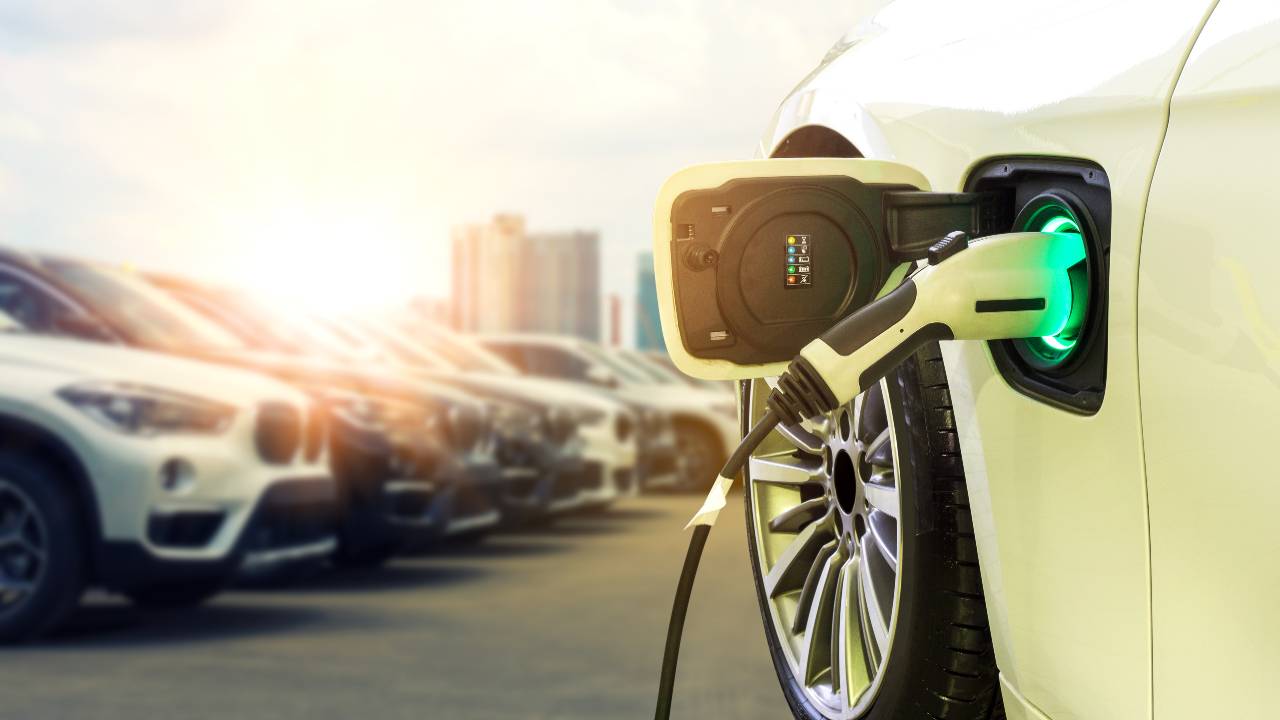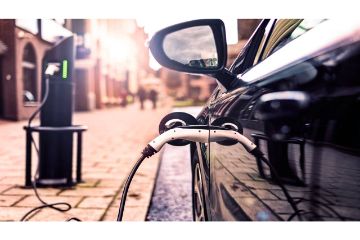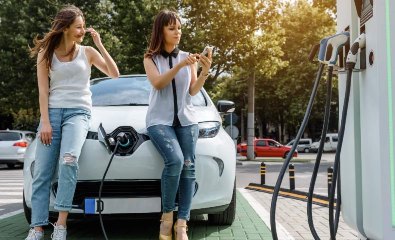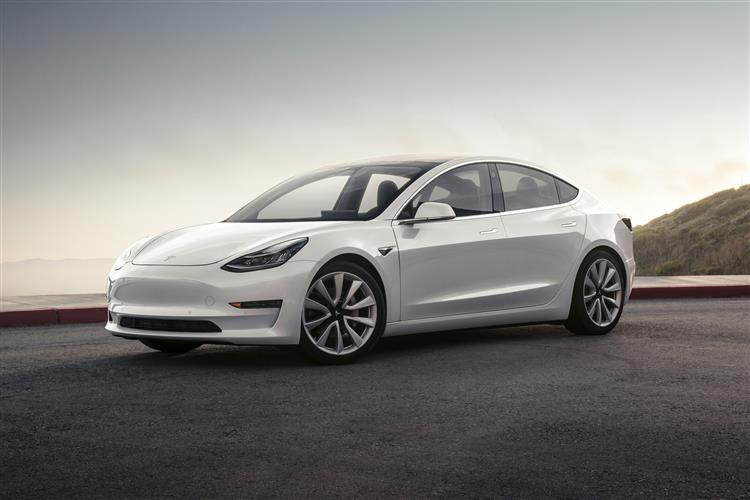Charging an electric car can take as little as 20 minutes, or as much as 24 hours. But this all depends on how big the Electric Vehicle (EV) battery is, what type of charger is used, and whether you’re at home or at a public station. We'll explore every part of charging your electric car and the factors that influence the speed of charging.
5 Main Factors That Influence The Charge Time Of Your Car:
-
Battery size - A bigger battery will take longer to charge. This size is shown as a kilowatt hour figure (or kWh).
-
The charger power rating - Slow (2 - 3.7kW), fast (7 - 22kW), rapid (43 - 50kW) and ultra-rapid (>100kW). The greater the power rating, the shorter the charging time.
-
Battery state of charge (SOC) - It will take longer to charge from empty than half full.
-
The car’s on-board charger (OBC) - Every EV is fitted with an OBC that determines the maximum power it can accept from an EV charger.
-
Battery temperature - Charging times increase if your battery isn't warmed to optimum temperatures (25-35 degrees C) before charging.
To calculate your electric car charge time, you simply divide the battery size by the charger rating. For example, the 77kWh battery on a Hyundai IONIQ 5 plugged into a 7kW home charger will go from empty to full in 11 hours.
However, it's unlikely the battery will be completely empty, and you won’t always need to charge to 100% every time you plug in. Charging points with a higher power rating could also significantly reduce the wait.
Slow, Fast, Rapid And Ultra-Rapid Charging – What Does It All Mean?
As EV charging infrastructure has developed – influenced both by growing demand and accessibility to more powerful electricity sources – the industry has been able to offer electric car owners 4 different rates of electric car charging: slow, fast, rapid and ultra-rapid.
Whatever kind of charger you’re plugged into, your EV will always be able to top itself up. The rate that it tops up at, however, is influenced by the rating of the charger you’re using – with slow chargers taking the longest and ultra-rapid devices doing it far quicker.
Charging At Home
A 7kW home charger is kinder on your car’s battery pack because it creates less heat during the charging process, which helps prolong the life of the battery.
It’s also cheaper charging an electric car at home – sometimes a lot cheaper! Unless you have access to free charging (perhaps at work or at a supermarket) then by far the most cost-effective way of charging your car will be with a dedicated EV home charger.
The charging rate you'll see at home will depend on the type of charger you use. The slowest charging speeds come from using a standard 3-pin plug and you'll only achieve 2kW - 3kW via this method. For most current EV models, this method of charging will take between 12 and 24 hours for a full charge depending on the size of your car's battery.
The fastest charging speeds at home can be achieved by having a dedicated EV charger installed at your property, as long as you have access to off-street parking like a driveway or garage. An EV home charger is 2-3 times quicker than a standard 3-pin plug and can provide charging speeds of up to 7kW, which is perfect for an overnight top up.
That said, there will be times when a quick top up is needed – when driving long distances, for example. This is where rapid and ultra-rapid charging networks come in.
How Quick Are Rapid And Ultra-Rapid Charging Points?
The quickest way to top up is by using a rapid or ultra-rapid charger, which is especially beneficial if you're running low on a long journey. You can find most of these charging points at service stations and public car parks.
You will commonly find 50kW EV chargers located along A-Roads and Motorways, which can boost the battery to 80% in less than an hour. Take the Renault Zoe for example – a rapid charger will give the 52kWh battery a 60% charge in just over half an hour.
However, as battery technology advances to accept faster charging speeds, you will find an ever-increasing network of ultra-rapid chargers being installed along major trunk roads to keep recharging times to a minimum. Ultra-rapid chargers can provide charging speeds between 100kW and 350kW, but the speed your car will accept often depends on the maximum charging rate of the car’s on-board charger (OBC). For example, the Peugeot e-208 can accept a maximum charging rate of 100kW, so if it was plugged into a 150kW ultra-rapid charger, the car would only accept a maximum of 100kW.
Charging With Tesla’s Supercharger Network
Those driving a Tesla can also make use of Tesla's Supercharger network, equipped with 250kW chargers. That means most Tesla models can achieve an 80% charge in around 20 to 30 minutes.
Even if you don't have a Tesla, you may still be able to reap the benefits of their Supercharger network, though, as several charging sites in the UK have opened up their chargers for non-Teslas, as long as the vehicle is compatible with a CCS connector.
DC rapid chargers are more expensive to use but there are now over 6,000 rapid-charging locations across the UK with this number increasing by several hundred on a monthly basis.
Why Are There Charging Different Speeds?
It’s a good question with a simple answer: to charge a car more rapidly you need more power in the form of DC, or direct current.
But slower chargers – the type you can have installed at your home – don’t have access to direct current because your home cannot supply it. It runs on what all British domestic households have access to: an AC supply, also known as alternating current.
So your home charger will take the AC from your home supply and pass it through the cable to your car where a built-in converter turns the power from AC to DC that the car’s battery needs to charge.
And because AC packs less punch to start with than DC, when the in-car converter swaps it over from one to the other, the DC charge now going into your batteries also packs less punch. Which means more gentle – and slower – charging times.
Want to know more? Take a look at our in-depth guides on how to charge an electric car and the cost of charging.
Or if you’re ready to choose your next EV, browse our latest electric car lease deals today.




